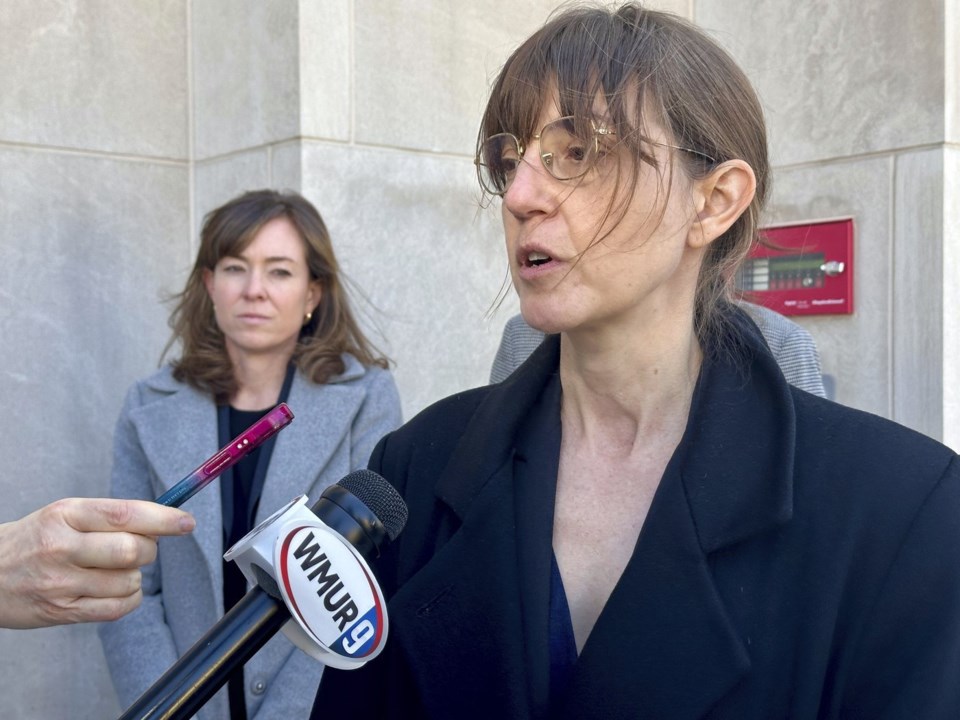CONCORD, N.H. (AP) — Teachers trying to block the Trump administration’s guidance forbidding diversity, equity and inclusion efforts in schools are trying to “manufacture harm,” a government attorney told a federal judge in New Hampshire on Thursday.
But the judge deciding whether to temporarily stop the Department of Education from enforcing the guidance said the federal agency’s own press releases contradict some of its attorney’s arguments.
In February, the Education Department told schools and colleges they needed to end any practice that differentiates people based on their race or risk losing their federal funding. Earlier this month, the department ordered states to gather signatures from local school systems certifying compliance with civil rights laws, including the rejection of what the federal government calls “illegal DEI practices,” by April 24.
The National Education Association and American Civil Liberties sued the department in New Hampshire, arguing that the guidance in the Feb. 14 memo, formally known as a Dear Colleague Letter, relied on vague legal restrictions that violate both due process and the First Amendment. It also describes the letter as an effort to limit academic freedom and to dictate what students can be taught.
But during a hearing Thursday, Deputy Associate Attorney General Abishek Kambli argued the teachers’ union lacks standing to sue because the guidance is aimed at schools, not teachers. And educators who are “self-censoring” due to misunderstanding the letter aren’t being harmed, he said.
“You can’t manufacture harm simply by inflicting harm on yourself,” he said.
Kambli also suggested a temporary halt to enforcement was unnecessary because there is a lengthy, multi-step process to determine whether a school should lose funding, with ample opportunity to challenge findings. But Judge Landya McCafferty read passages from the Education Department press release announcing the recent cancellation of grants and contracts to Columbia University.
“It doesn’t describe any sort of process, it says immediate,” she said.
The directive does not carry the force of law but threatens to use civil rights enforcement to rid schools of DEI practices. Schools that continue such practices “in violation of federal law” can face Justice Department litigation and a termination of federal grants and contracts, the department has warned.
Sarah Hinger, an attorney for the ACLU, pushed back against Kambli’s claim that the letter was not a final action that can be challenged in court but rather an explanation of the department’s enforcement priorities.
“It requires. It orders. It dictates,” she said. “The chill from that is happening now, and plaintiffs are not required to wait until they’re hauled into court to challenge an unconstitutional law.”
Education officials in some Democratic-led states have indicated they will not comply with the order to submit certification of their schools’ compliance. Hinger told reporters after the hearing that in addition to fear, educators have also expressed bravery.
“We are seeing folks across the education community stand up and assert their rights and really being brave in indicating how contrary this ‘Dear Colleague’ letter is to sound educational practices from K-12 through higher education,” she said.
Holly Ramer, The Associated Press



